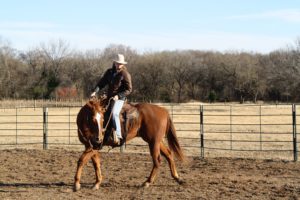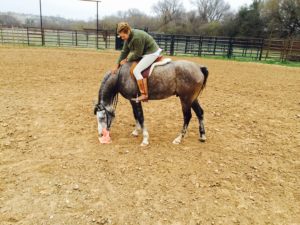HOME
How Horses help us become better people- Part 2
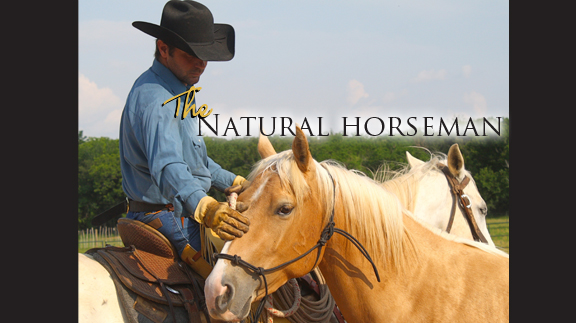
By Steve Stevens
It is never the horses fault: Learning how to take responsibility.
I know I have been bad about this in my life. How easy is it when the going gets tough, when things aren’t working, when we have had a string of bad luck, when there seems to be a road block at every turn to blame everyone and everything else under the sun for our downfall. It’s easy and sometimes it can keep us trudging through the oncoming storm. At some point, if we don’t sit back and look at ourselves and what we could have done or could be doing differently, we will be doomed to repeat it. Sure, for a little while things might let up and get a little better, but if we never have culpability it will rear its ugly head again, guaranteed. Unlike a hard job with mean or non-understanding employees, a bad relationship or wasted opportunities in life, the horse never had a choice whether he wanted to be with you.
We decided that we would own, ride or work with the horse. That is why it is important for us to remember these six words IT IS NEVER THE HORSE’S FAULT. Sure your horse might be unruly, buck, tear stuff up, be aggressive or be too lazy. But just remember, he didn’t come knock on your front door and ask you to take all your wisdom and teach him to do things he already knows how to do when left alone in his own herd environment. See, a horse knows how to walk, trot, canter, stop, back up and be a horse in his most perfect way, left untouched. It is when the human tries to make him do these things that can often create a misunderstanding.
To get a connection with softness, the horse has to learn to trust our intentions. (Photo courtesy of Amanda Stevens)
On a regular basis I see people hit or yell at their horses or turn red when a horse won’t stand still for them to get on. They yank, pull and give evil looks when their horse won’t lead where they want to go. They pout and belittle the horse when the horse kicks out or bucks when they try to ride them. Imagine if while we are living our cozy little life drinking our non-fat latte, playing angry birds on our phone while watching “The Bachelor,” someone walked into our house, put a rope around our neck and drug us to another place then whipped on us to run circles or barked at us when their colored stick didn’t make us do a perfect plie or Grand jete. No matter our mood or physical being, we were expected to know exactly what they were thinking whether they were good communicators or not.
If we did not understand, we would get poked in the side by a piece of steel. It is important for you to put yourself in a horse’s hooves for a few minutes to understand that it is not his choice to be the human’s 24 hour entertainment toy. Why is this all good for the human to understand? See, when I am working with a horse I practice the theory that it is never his fault. That doesn’t mean that he doesn’t make mistakes, sure he does, but what I want you to do is have you ask yourself what you can do better to help him understand what you are asking of him. Take responsibility, remembering it is not his choice to be in this situation. When you are having trouble with an exercise or even if the horse is being aggressive, have you put all the work and effort in, studying and understanding horses? Are your timing, rhythm and balance up to par with the level of the horse? Are you willing to ask for help from someone who may know more and be humble enough to listen?
It’s important to always think of the horse’s perspective. (Photo courtesy of Amanda Stevens)
When we look at things from these perspectives and truly want to become a better horseman or horsewoman, we have to take full ownership of our responsibility to the horse and more importantly to ourselves. It is ok to realize we don’t know everything. The best horsemen I have ever known who had trained horses for years didn’t even think they scratched the surface in learning what there is to learn about horses. Now take the horse out of the picture. I am sure you are not this person, but how many of you know someone who thinks they know it all about everything and anything? Certain people after thirty hours of studying something seem to think they know more than someone who has dedicated forty years to said thing.
Have you ever offered experienced advice to someone and literally seen them shut down at the mere subtle information? Have you ever known someone who blames everyone else for their downfalls? Well, believe it or not, that is all of us in some form or another. Some people are worse than others, but we all have those moments; it is our human nature. If we practice overtime when we are working with the horse, if we can come at him from a place of humility and ask ourselves what we can do better, we condition ourselves in life to step back and look at ourselves in every moment, situation and experience.
We need to hold ourselves to high regard in the way we challenge our responsibility to others and to ourselves. Imagine if you looked at everyone, no matter their flaws, through their eyes and their intentions and said, “What is the best way I can help and support them?” If we all did this I believe we would be a much more connected species. Next time you work with your horse, truly ask yourself if you are communicating with the best of your abilities; does he understand of which you are asking him. Is he reacting because he is scared or confused and are you giving him honest and realistic goals?
When you start working with the horse from this point of view, it can be quite frustrating because at first everything you ask of yourself will seem wrong. It sucks to look at and judge yourself but within your practice, your relationship with horse and human will grow exponentially. Horses will flock to you and so will people. Allow the horse to give you the gift of ownership, humility and responsibility.
HOME
Preparing Spring Gardens
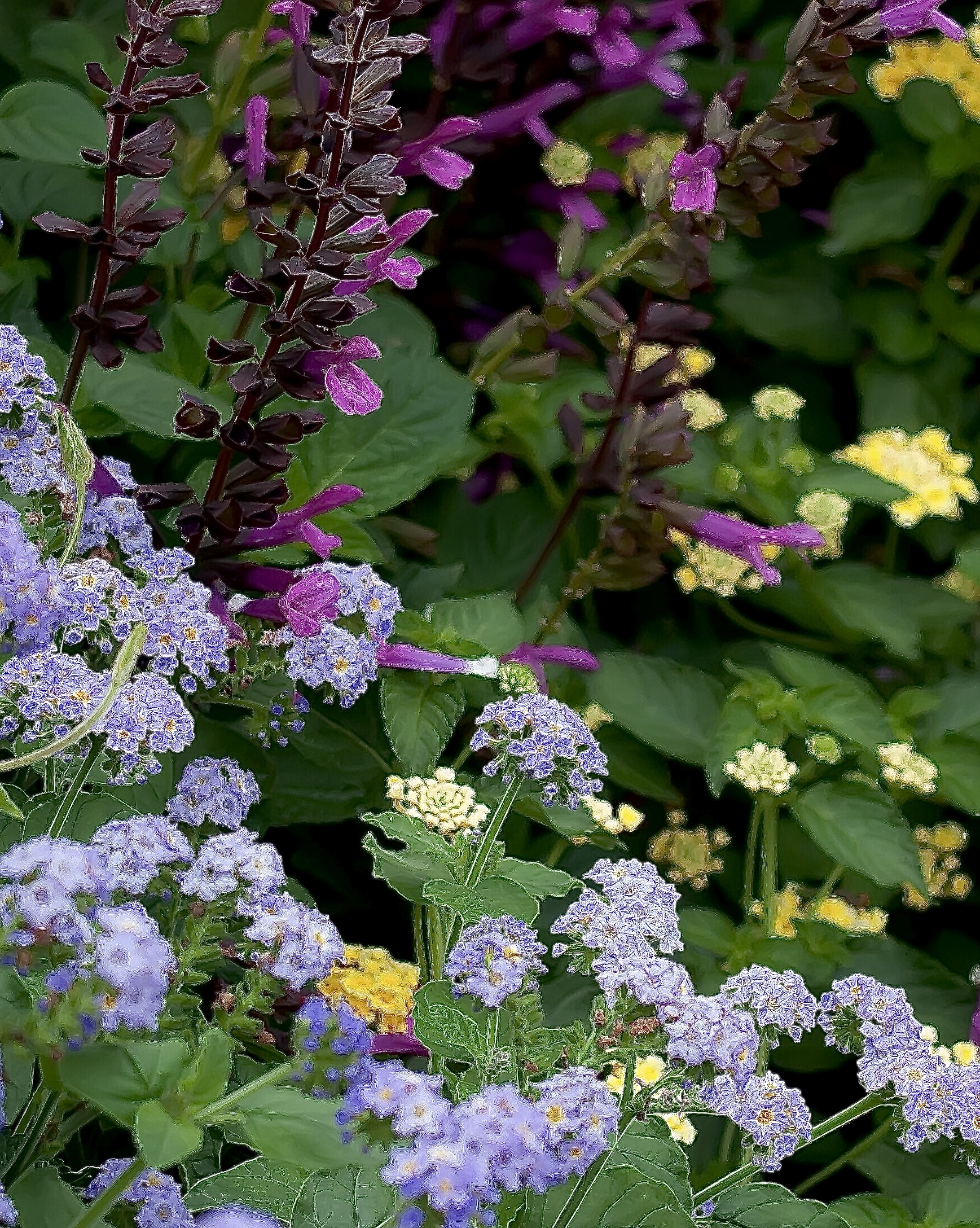
By Hannah Claxton | Editor
The North Texas area is located within USDA Hardiness zones seven and eight. The zones are categorized by predicted low temperatures for winter and timing of the first and last frosts.
Zone seven usually has winter low temps between 0 and 10 degrees F with the average date of the first frost falling between Oct. 29 and Nov. 15 and the average date of the last frost falling between March 22 and April 3.
Overall, these two zones have similar climates and growing conditions, making the options for timing and variety within a garden very similar.
In these zones, cool-season crops should go in the ground in March, meaning that soil preparation should start now.
To read more, pick up a copy of the January edition of North Texas Farm & Ranch magazine, available digitally and in print. To subscribe by mail, call 940-872-5922.
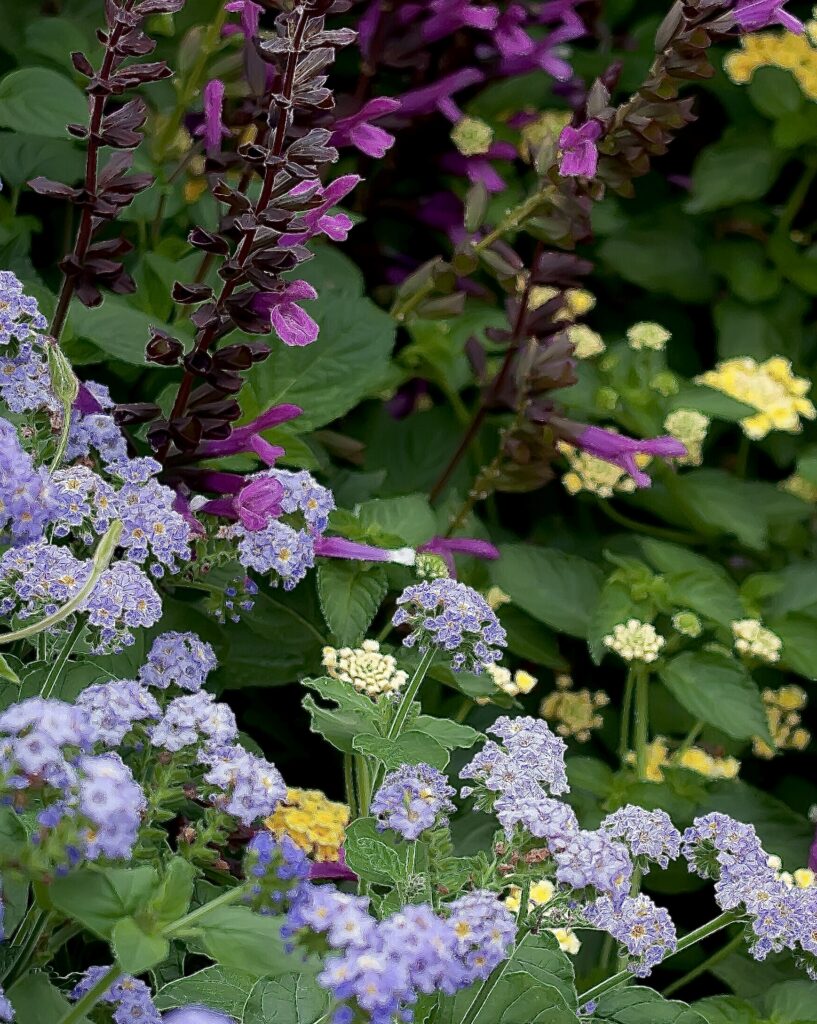
HOME
Equine Vaccinations
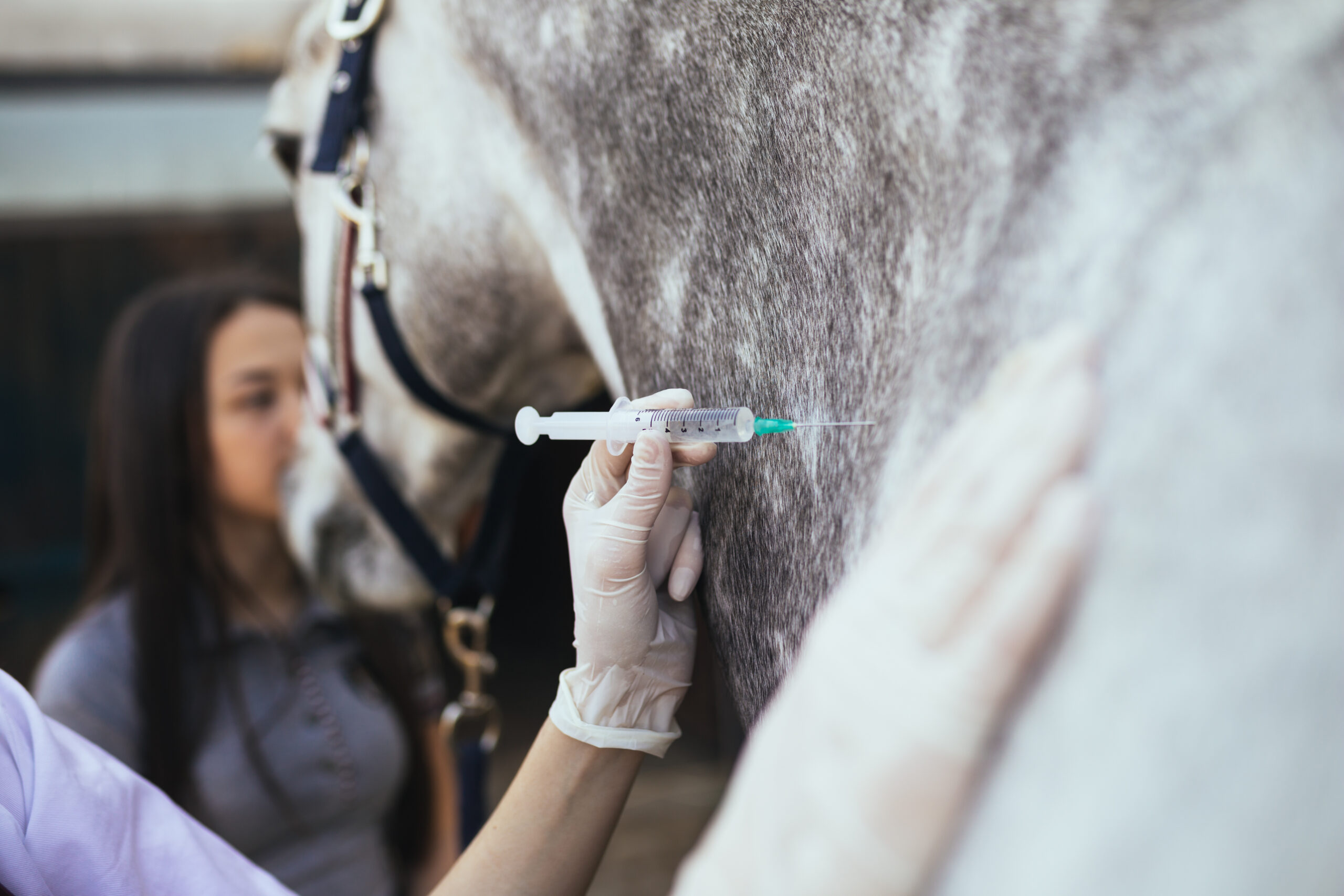
By Heather Lloyd
Vaccinations are a critical component of maintaining the health and well-being of horses, especially in environments where they are exposed to other animals, such as in the sport, show and performance arenas. Horses, like all animals, are susceptible to various infectious diseases that can spread quickly and cause serious harm.
A routine vaccination schedule helps prevent the spread of these diseases by preparing the horse’s immune system.
To read more, pick up a copy of the November edition of North Texas Farm & Ranch magazine, available digitally and in print. To subscribe by mail, call 940-872-5922.
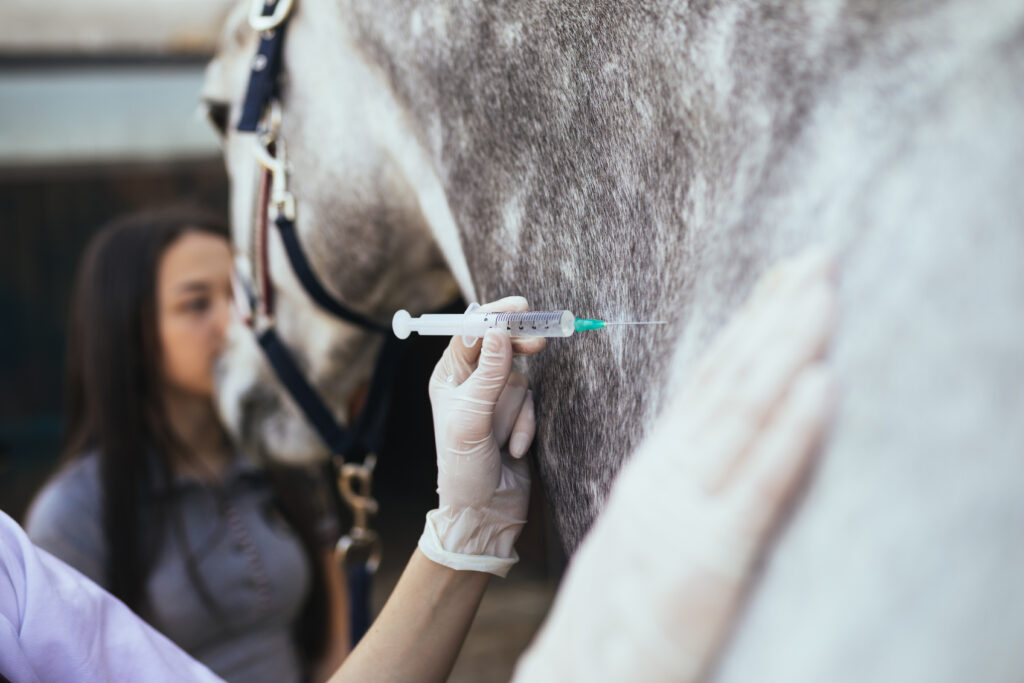
HOME
Wichita Falls Area Cattlewomen
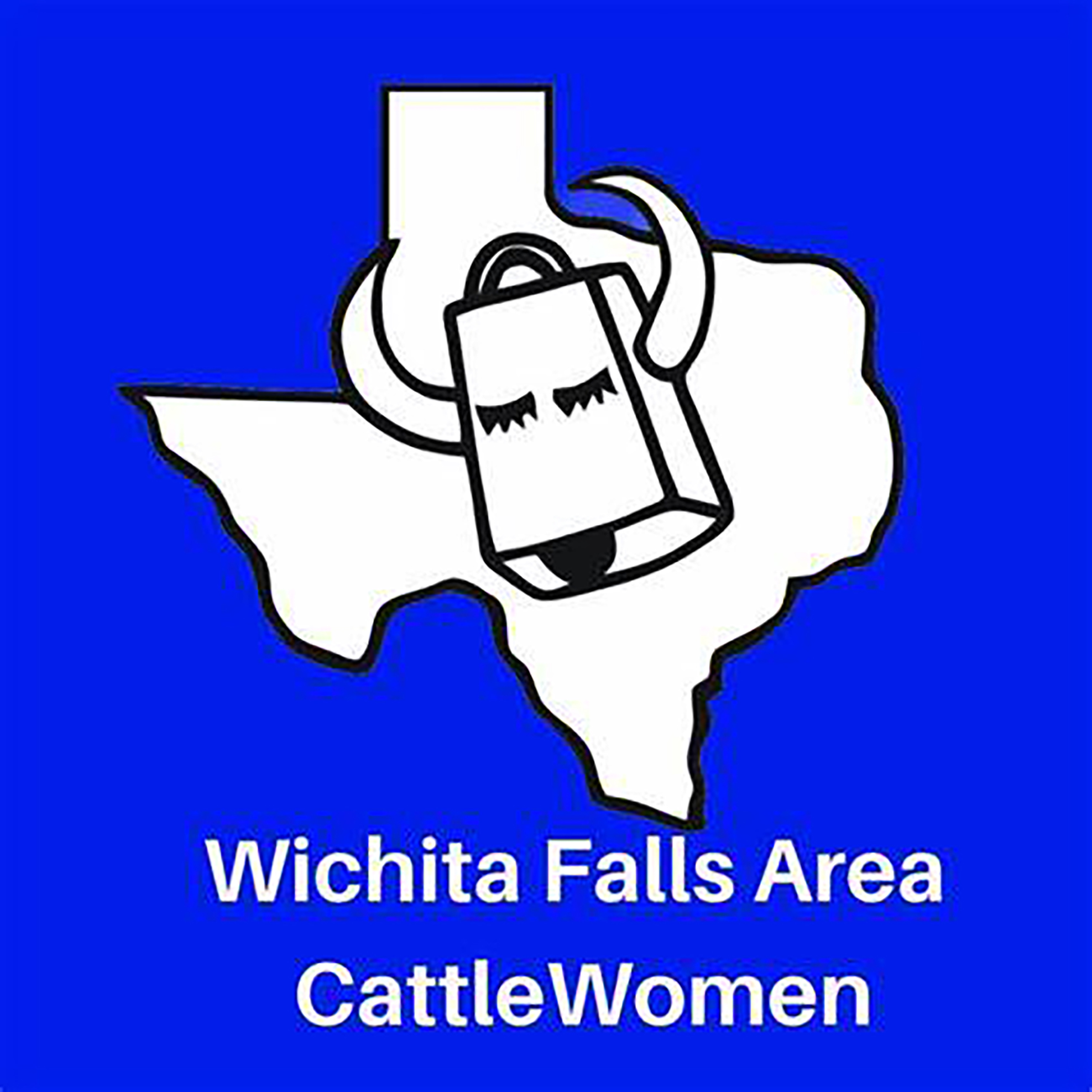
Having herds on a controlled breeding schedule means that we have a predictable calving schedule, and while it’s only over a couple of months, for us it does fall right after the start of the year. I lobby annually to call ours the “Winter calving season”, but I am outvoted and my husband still refers to it as Spring. Unlike producers in our Northern States, we don’t have to contend with brutally harsh winter weather, and on those rare times we do, thankfully it is not for extended periods. Regardless of whether you have a Spring or a Fall calving schedule, the health of a newborn calf begins with the mother’s health, and the mother’s health is largely dependent on the producer.
To read more, pick up a copy of the November edition of North Texas Farm & Ranch magazine, available digitally and in print. To subscribe by mail, call 940-872-5922.
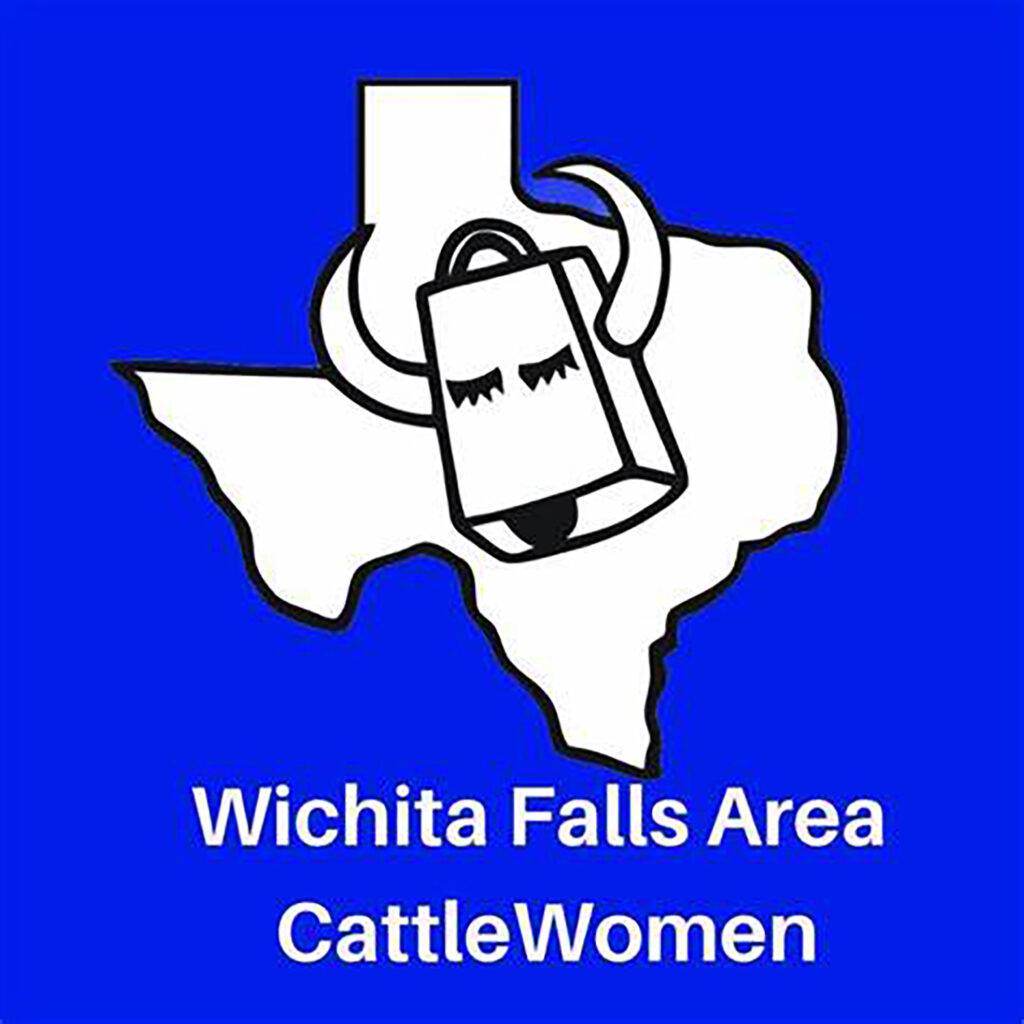
-

 Country Lifestyles2 years ago
Country Lifestyles2 years agoScott & Stacey Schumacher: A Growth Mindset
-

 Country Lifestyles8 years ago
Country Lifestyles8 years agoStyle Your Profile – What your style cowboy hat says about you and new trends in 2017
-

 HOME8 years ago
HOME8 years agoGrazing North Texas – Wilman Lovegrass
-

 Outdoor10 years ago
Outdoor10 years agoButtercup or Primrose?
-

 Country Lifestyles5 years ago
Country Lifestyles5 years agoAmber Crawford, Breakaway Roper
-

 Country Lifestyles9 years ago
Country Lifestyles9 years agoJune 2016 Profile – The man behind the mic: Bob Tallman
-

 Equine1 year ago
Equine1 year agoThe Will to Win
-

 Country Lifestyles8 years ago
Country Lifestyles8 years agoDecember 2016 Profile, Rusty Riddle – The Riddle Way

